Manchester Collections
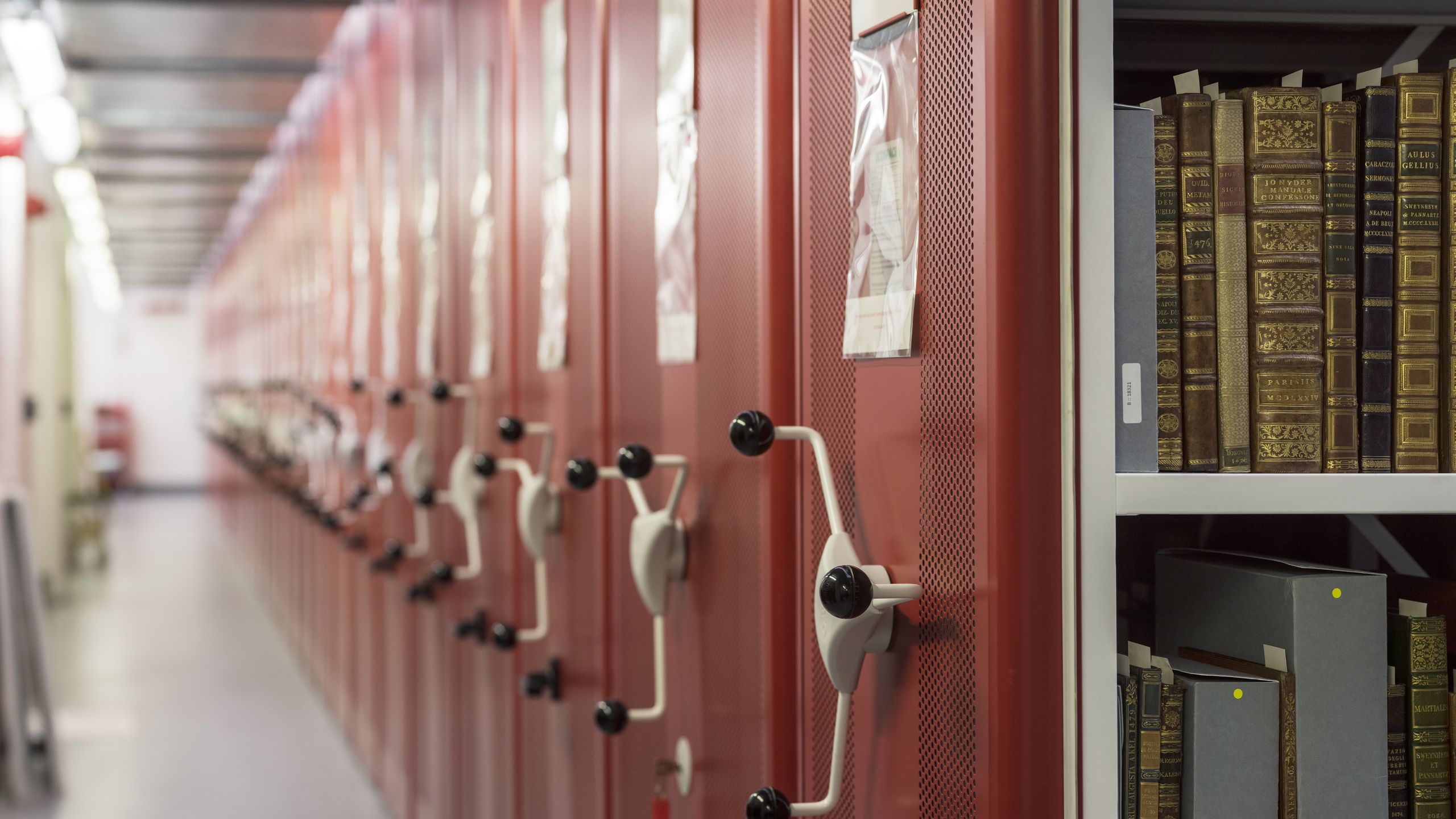
Acquisitions
The Library continues to purchase a wide range of high quality physical and digital resources to support and advance research, teaching and learning across the University.
In 2022/23 we acquired 6,000 print books and 4,300 e-books to add to our modern collections through orders and donations.
The resurgence in print acquisitions witnessed in 2021/22 continued into 2022/23: 58% of our collections are in print and 42% are e-books. We also bolstered our e-book offering by adopting six evidence-based acquisition schemes. These made an additional 240,000 titles accessible to our users for 12 months; the Library then selected key titles to own at the end of this period.
To continue our ad hoc support for innovative open access (OA) monograph schemes, we developed a strategic acquisitions policy and evaluation criteria to identify and support schemes that eschew unsustainable book processing charges. This evaluation criteria helped us to sign up to a further six innovative OA monograph schemes in 2022/23. Notably, we were the first supporter of the Open Book Collective, an output of the COPIM project. This is one example of how we prioritise support for community-governed, not-for-profit schemes.
We support smaller schemes, those that work at scale, those that fund innovative OA publishing and schemes that support the OA infrastructure providers that facilitate and enhance content discoverability.
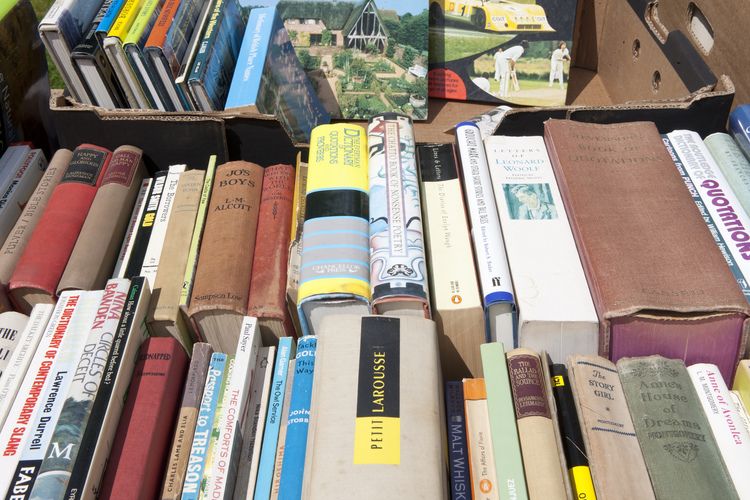
Transitional agreements
Transitional Agreements (TAs) were intended to gradually convert traditional publisher expenditure away from subscription-based read costs to support Open Access (OA) publishing.
Over the past year, the Library has been contributing to sector-level negotiations, seeking publisher commitment to transform publishing models and constrain costs. There is, however, an increasing concern that TAs are failing to achieve these aims. The Library is leading national discussions by considering how we can drive change whilst ensuring the future provides more equitable and financially sustainable alternatives. Further considerations include how OA publishing might be supported once existing TAs, and the current funding streams associated with these cease.
This complex work has required the application of expertise from teams working across the Library and will continue to represent a significant commitment in the years ahead.
Manchester Digital Collections
With over 3,000 items added to Manchester Digital Collections (MDC), this year has seen the largest annual increase since the platform launched in 2020.
We launched two major funded digital editions on Manchester Digital Collections (MDC) this year. The conclusion in August of the Arts and Humanities Research Council (AHRC) funded Mary Hamilton Papers delivered over 3,200 collection items online, including 1,605 fully transcribed by the Mary Hamilton Papers Project Team. This edition launched our new, interactive digital collections interface which enables users to engage more deeply with the project’s rich content. In May, the multi-part Heinrich Simon Papers digital edition was launched, combining collections held at the universities of Manchester and Birmingham with researcher expertise, high quality images and rich descriptions, transcriptions and translations encoded according to the Text Encoding Initiative (TEI). This Leverhulme funded project sheds new light on the 1848 Revolution in Germany and is the culmination of three years of close collaboration between the Library and Heinrich Simon Papers research team.
Ongoing work for forthcoming releases on MDC includes photography and cataloguing for the AHRC-funded Envisioning Dante project, a new collection of objects from the Gaster Amulets collection, and collaborative work with Manchester Museum on a digital collection of Golden Mummies.
We continue to make it easier for researchers to partner with the Library in research bids to initiate new MDC collections. We completed a wide-ranging review of the MDC project to inform our next steps, reflecting on our achievements since 2020. The report highlighted emerging areas for development, including the creation of a nationally adopted TEI schema, opportunities for a Rylands manuscript catalogue and more robust measures to manage sensitive content available through the platform.
MDC continues to develop as part of the Digital Platform Consortium in partnership with the University of Cambridge and the University of Lancaster. The partnership has seen increased sharing of expertise and joint technical, metadata and curatorial development over the course of the year.
As a not-for-profit service supporting global access to collections and research, we seek more ways to make MDC increasingly open, equitable and diverse. We carefully consider our responsibilities to share non-traditional stories from our collections.
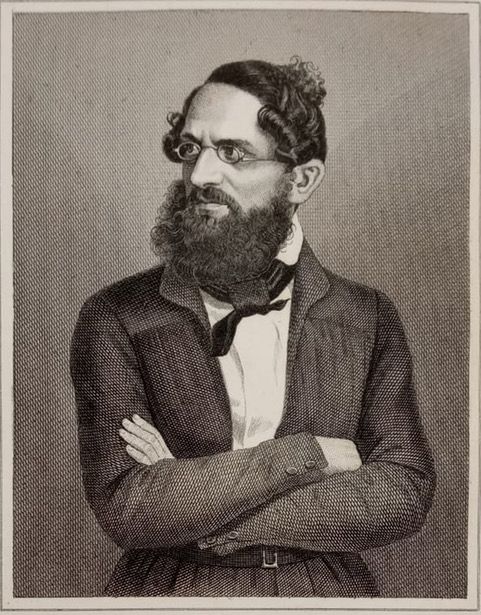
Engraving of August Heinrich Simon (1805-1860)
Engraving of August Heinrich Simon (1805-1860)
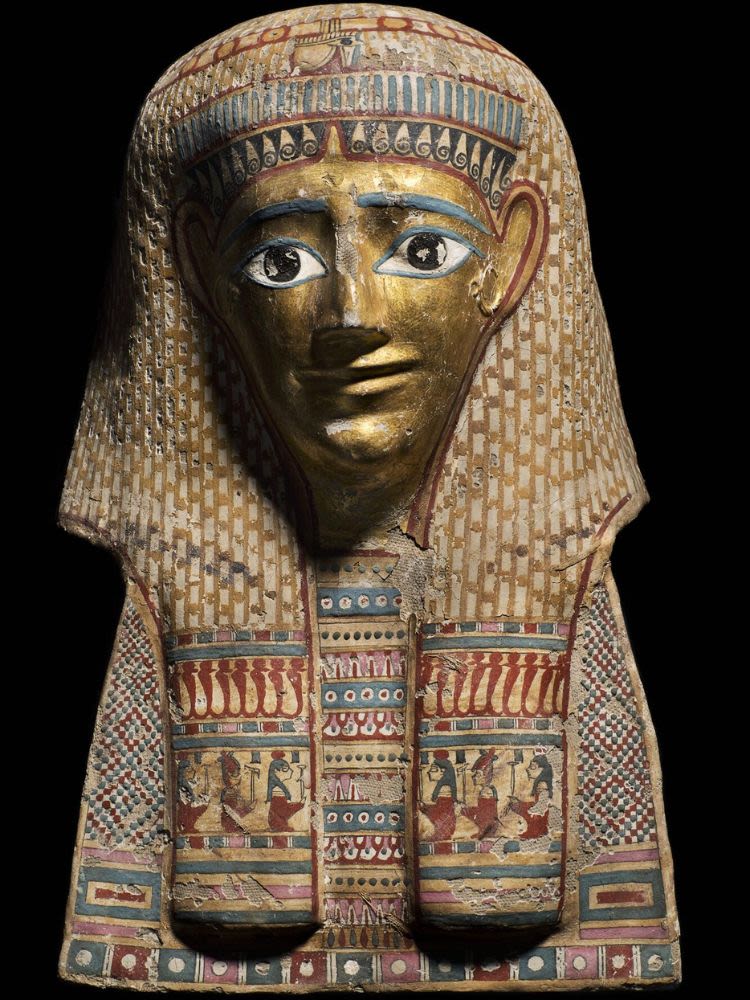
Golden Mummy
Golden Mummy
Manchester Digital Exhibitions
Following a year of significant development, Manchester Digital Exhibitions (MDE) launched its provisional two-tier service in the summer of 2023. This offered a supported ‘self-build' option for students, researchers and staff who wish to create an online exhibition using the MDE platform.
Initially in partnership with Research Impact Officers in the Faculty of Humanities, the Library supports researchers to develop and build their own exhibitions on the MDE platform, drawing on the rich Special Collections of the University as well as external content.
The MDE exhibitions page highlights the four primary sites showcasing materials from the Library's Special Collections. Users can explore comprehensive interpretations alongside distinctive objects, all seamlessly connected to the robust metadata of each digital item. Thanks to a year of extensive technical collaboration, MDE now boasts additional features, including annotations into specific aspects of digital objects, while supporting the open-source platform.
MDE continues to be a central part of the digital Special Collections offer, combining expertise in interpretation, audiences and technical development with the research and discoveries around the University’s collections to share with the wider public.
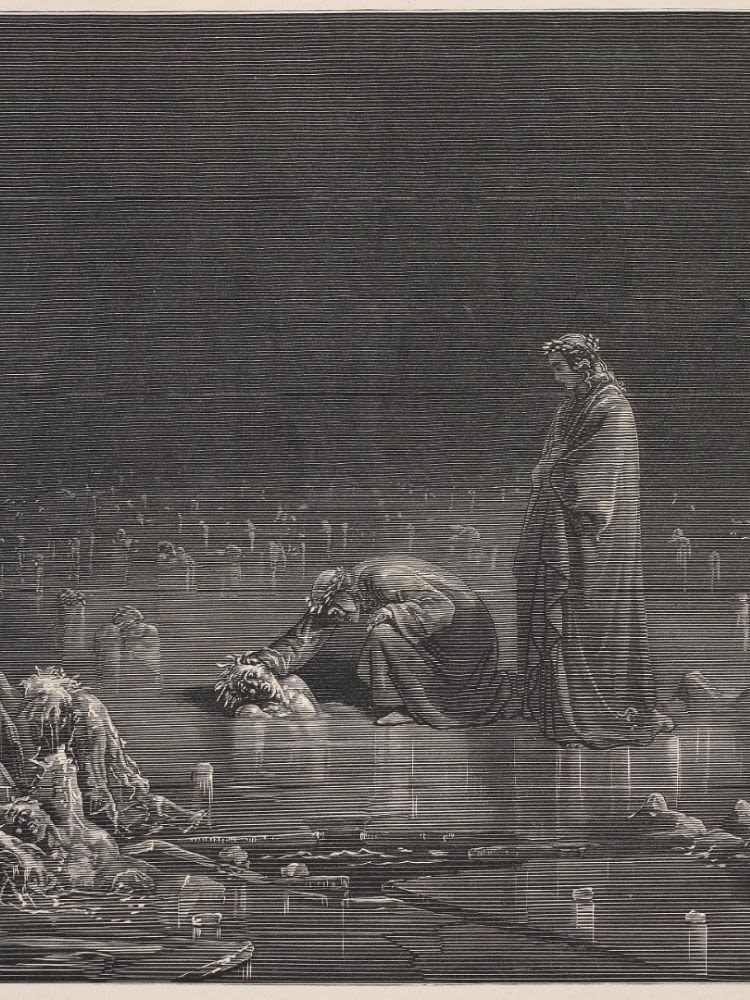
Dante pulling a head from the ice
Dante pulling a head from the ice
Preservica
Preservica is the Library’s digital preservation platform designed to help the Library protect and provide long-term access to digital assets. This past year, the Digital Preservation and Systems Team have looked after a large range of files to help the Library fulfil its aspiration of conserving and providing access to important historical and cultural materials.
The files handled include almost 240,000 Special Collections digital archive files (96Gb), and over 120,000 images (10Gb).
Christian Brethren Archive
The Library's Digital Preservation and Systems Team digitised 705 periodicals from the Christian Brethren Archive, making them accessible through the Library Digital Collections platform.
This initiative aligns with the archive's goal of meeting funder requirements, providing public access to historical publications, preserving them for the future, and creating physical archive space.